Leadership and Management Report: Roles and Situational Analysis
VerifiedAdded on 2022/12/28
|17
|967
|54
Report
AI Summary
This report delves into the core concepts of operations management, focusing on the roles and characteristics of leaders and managers within an organization. It differentiates between leaders and managers, highlighting their distinct responsibilities and positions. The report explores the essential qualities of a good leader, including effective communication, and outlines various leadership roles, such as motivator and mentor. It then examines the five key functions of managers: planning, decision-making, organizing, leading, and controlling, and introduces the Path-Goal Theory of Leadership. Furthermore, the report discusses the importance of management functions as outlined by Sir Henry Fayol, and analyzes different situational contexts that both leaders and managers must navigate, such as technological advancements, to ensure organizational success. The report concludes by emphasizing the importance of understanding leadership and management principles to distribute power effectively within an organization.
1 out of 17
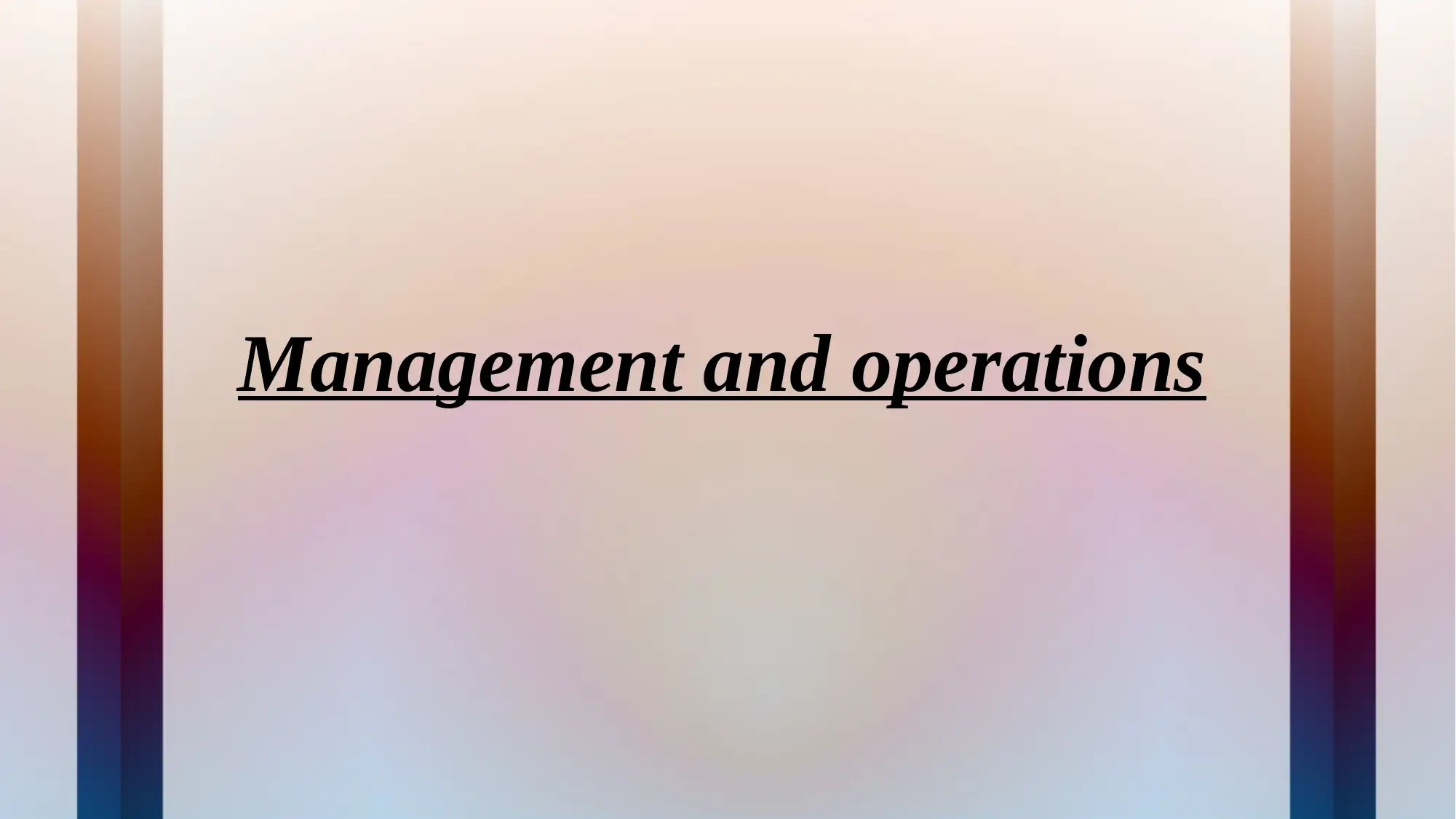
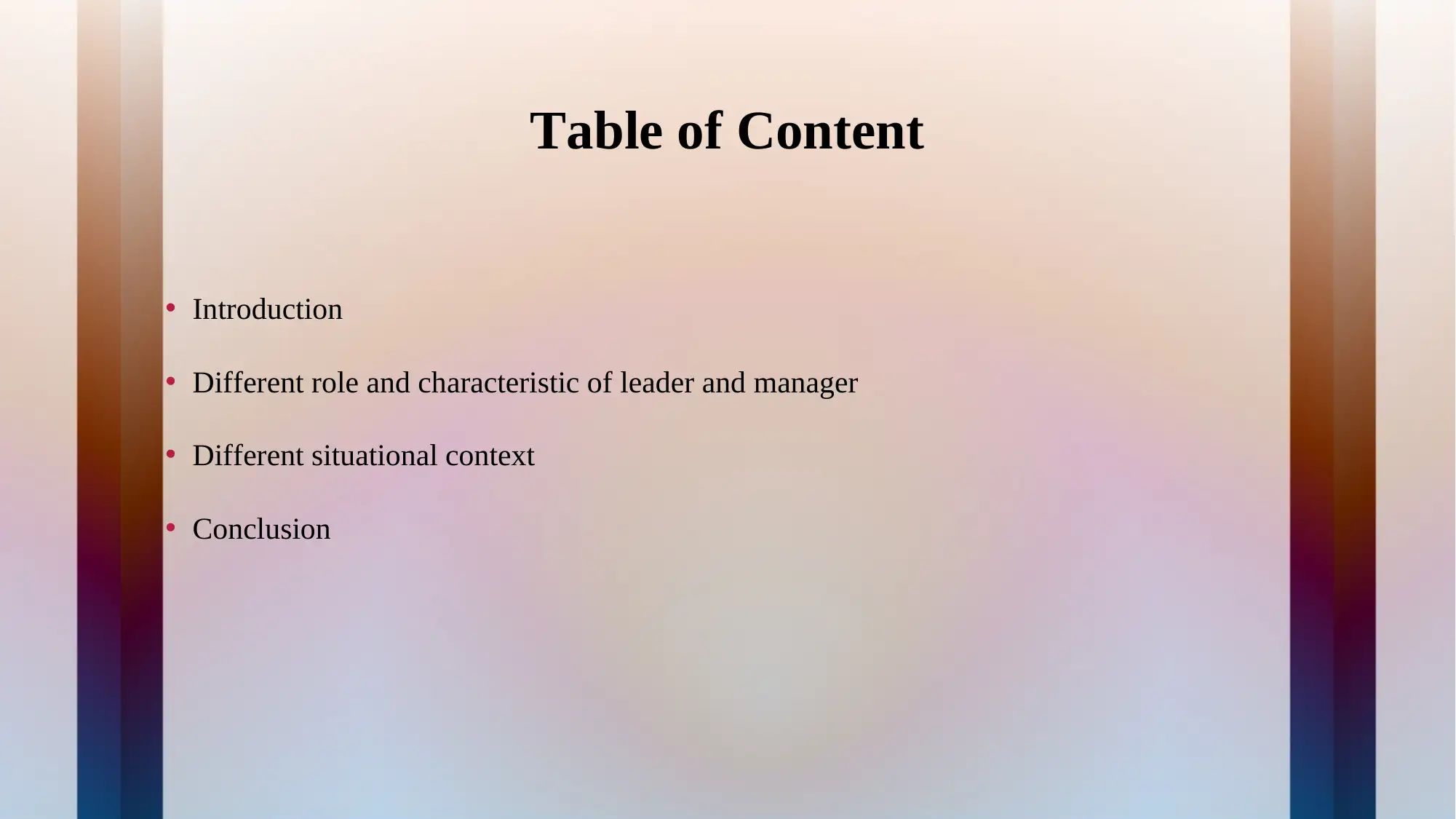
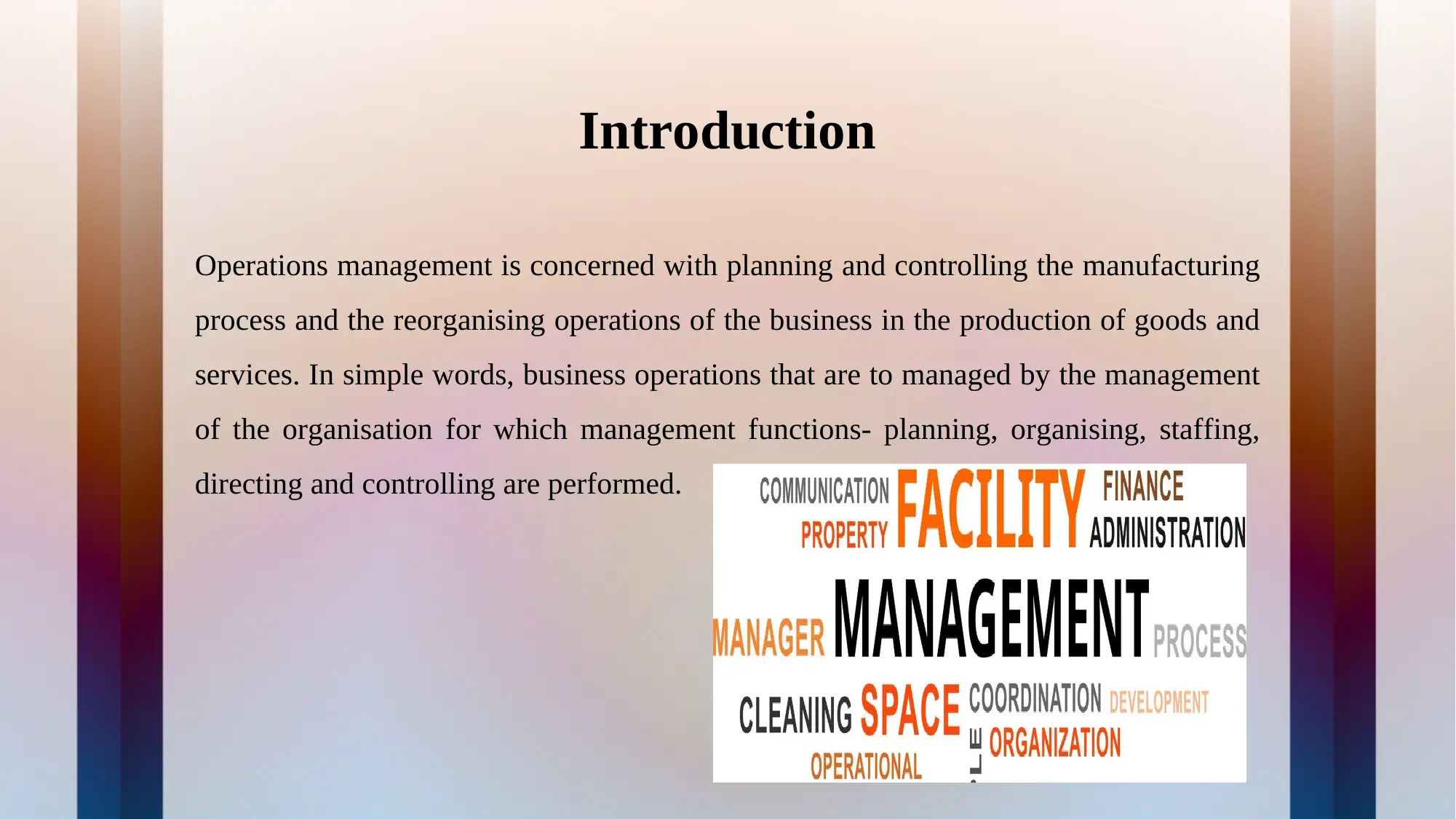

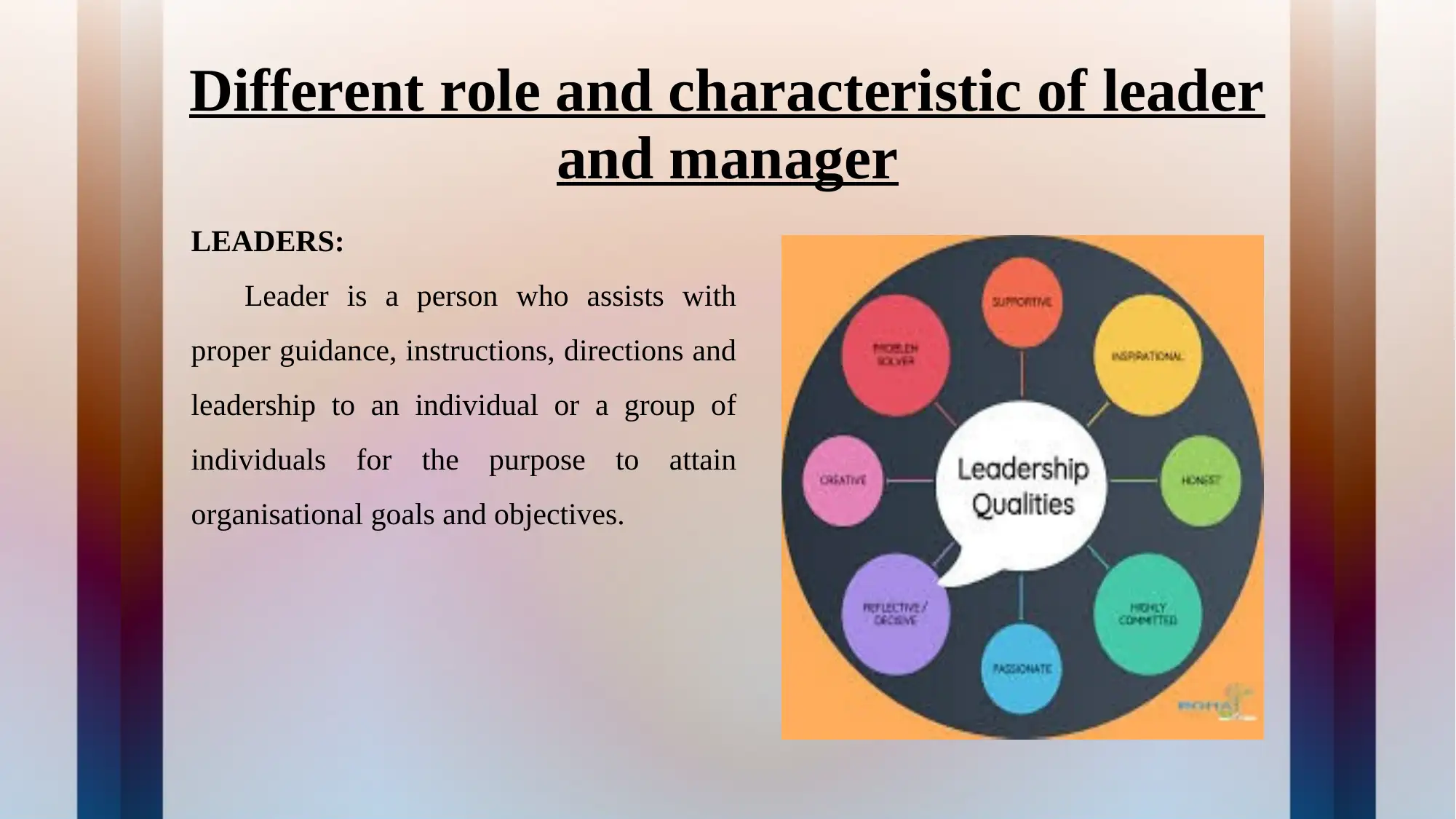
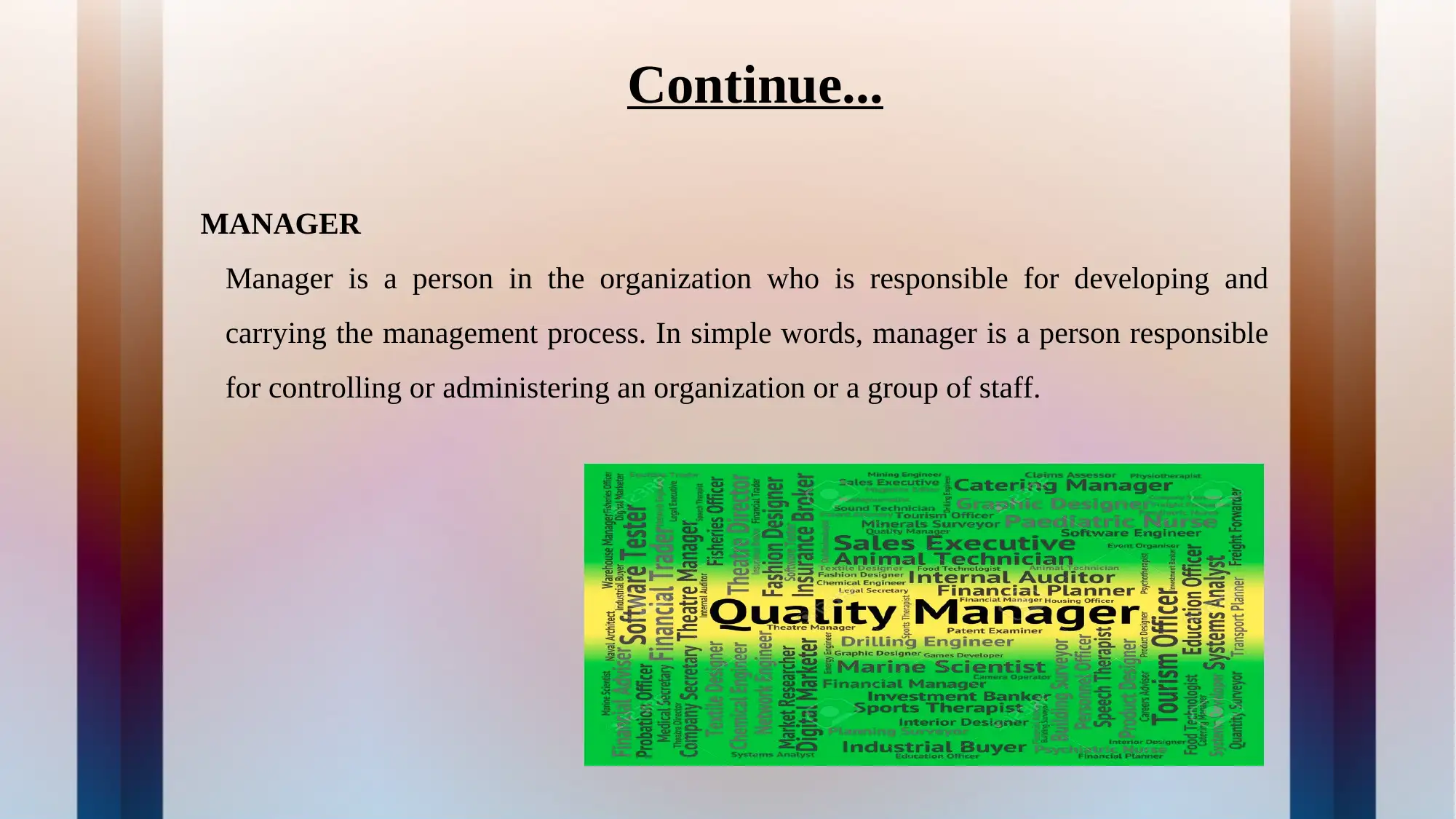
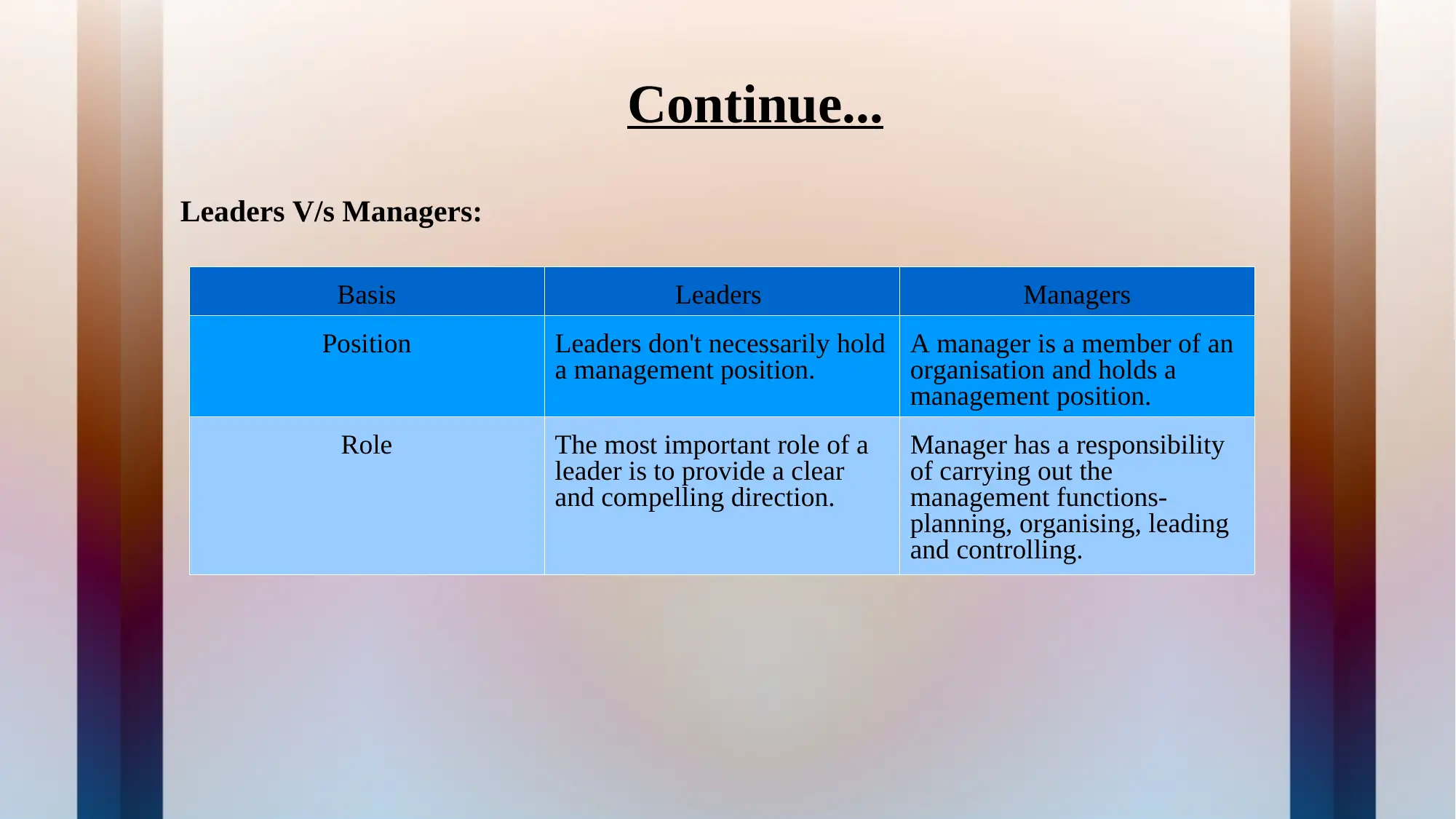
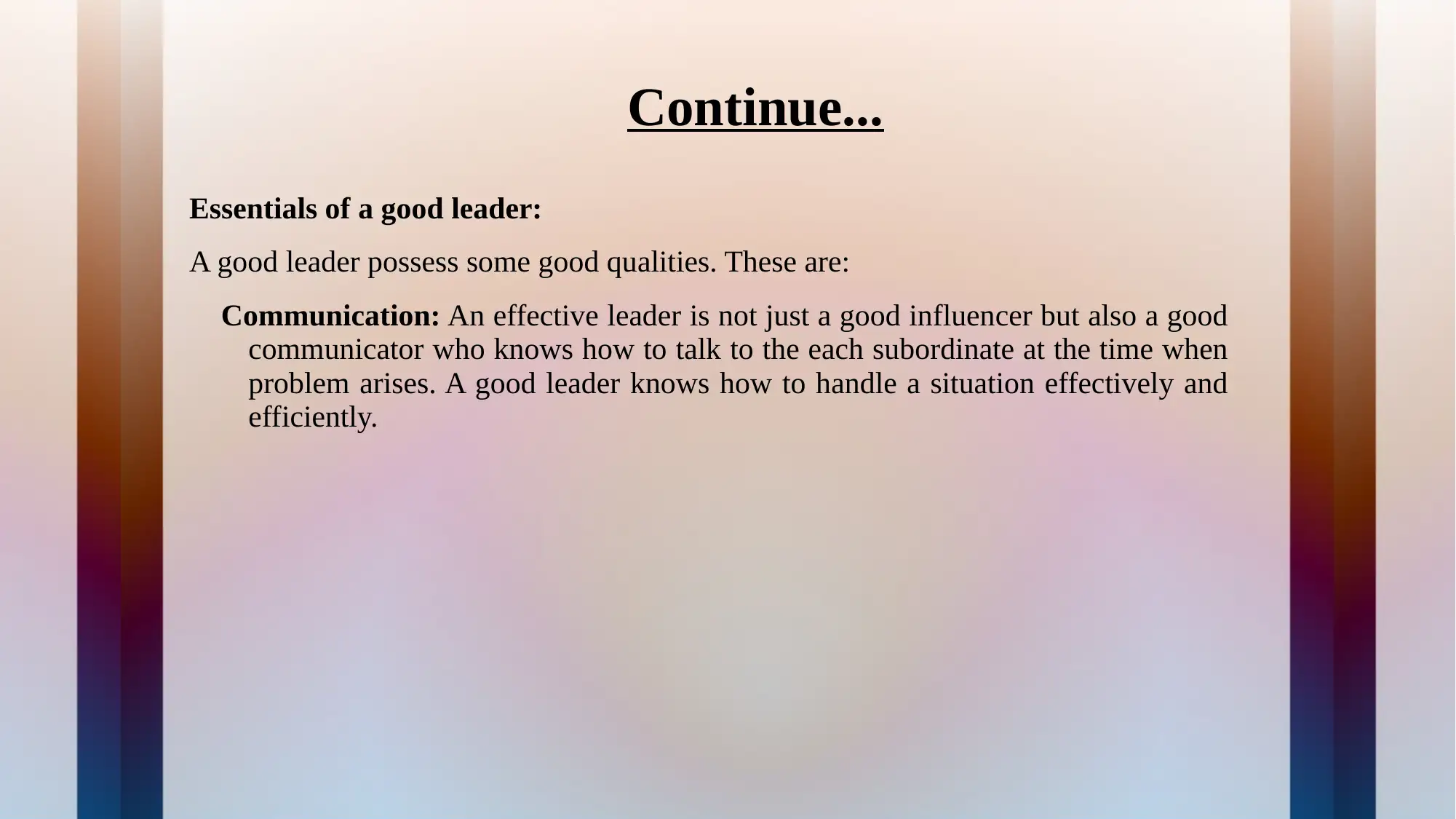
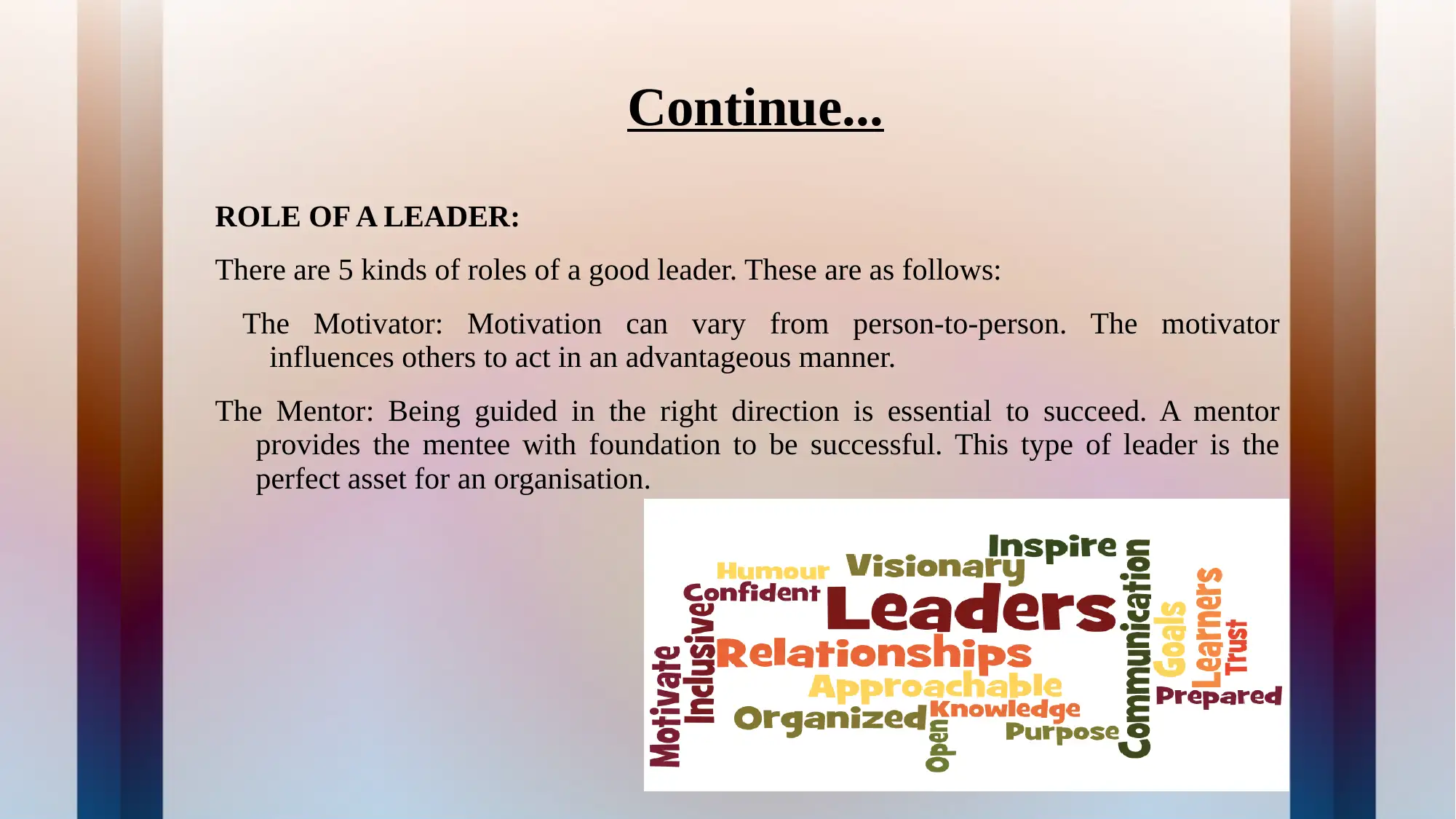
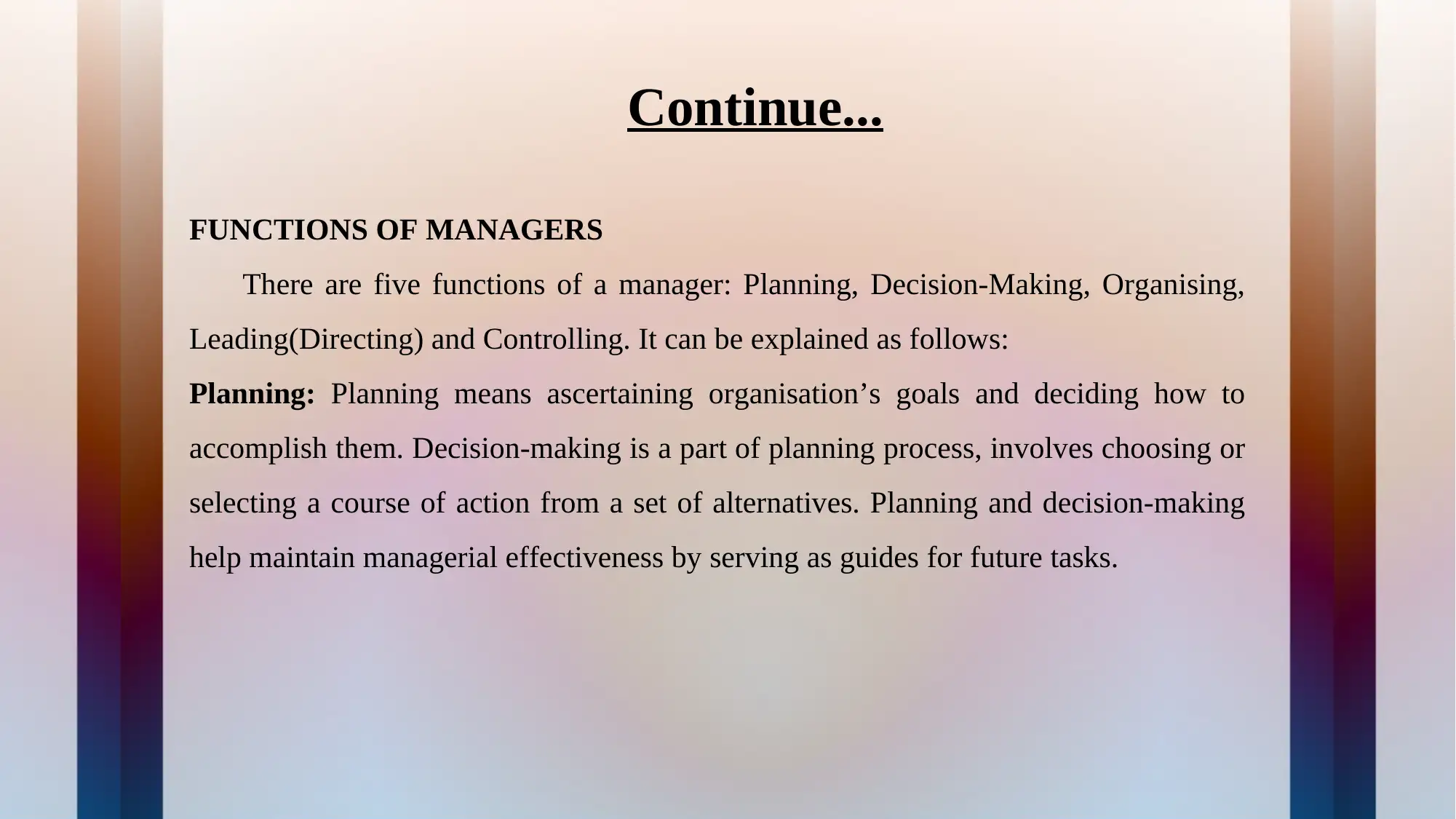
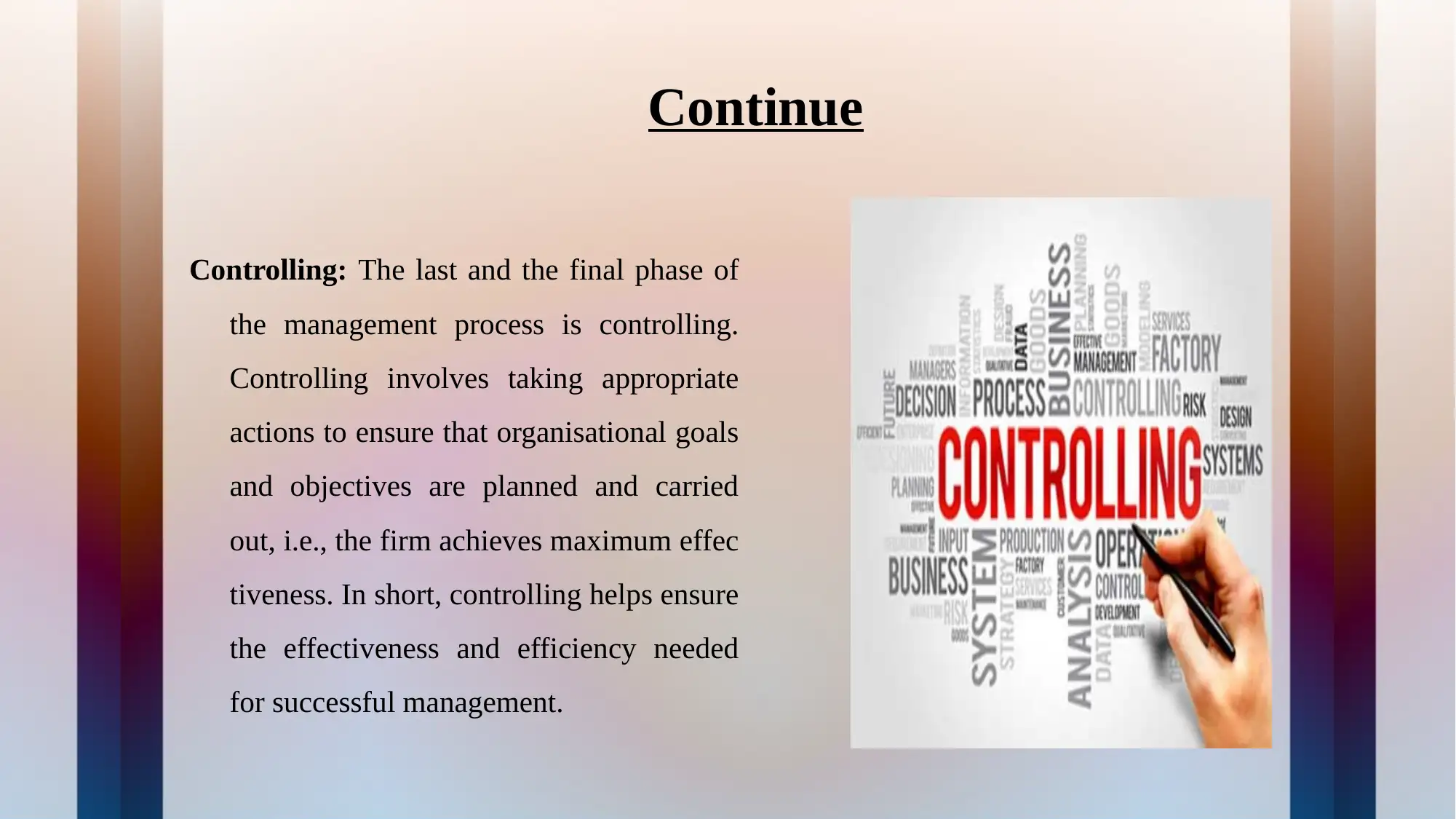
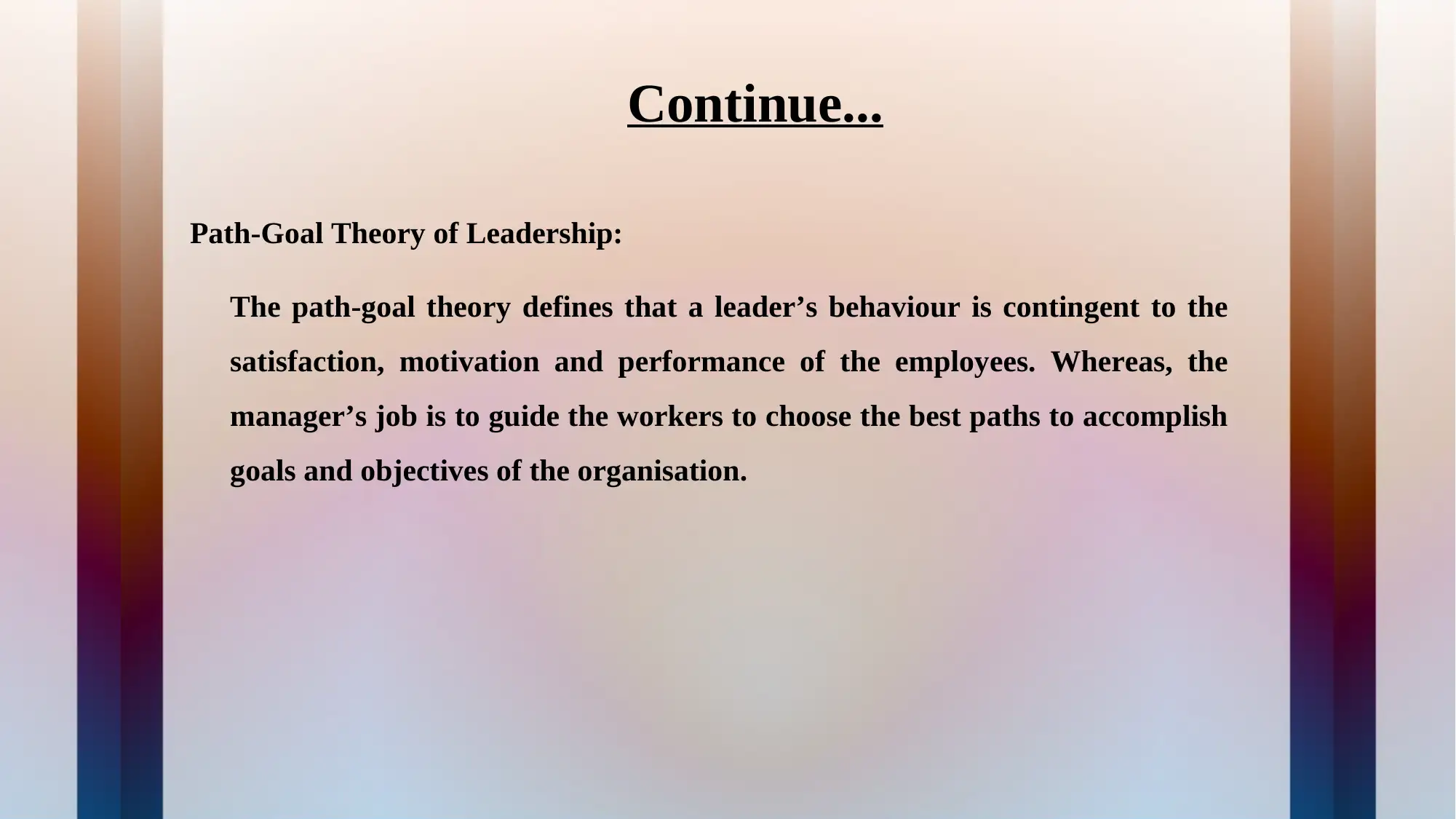
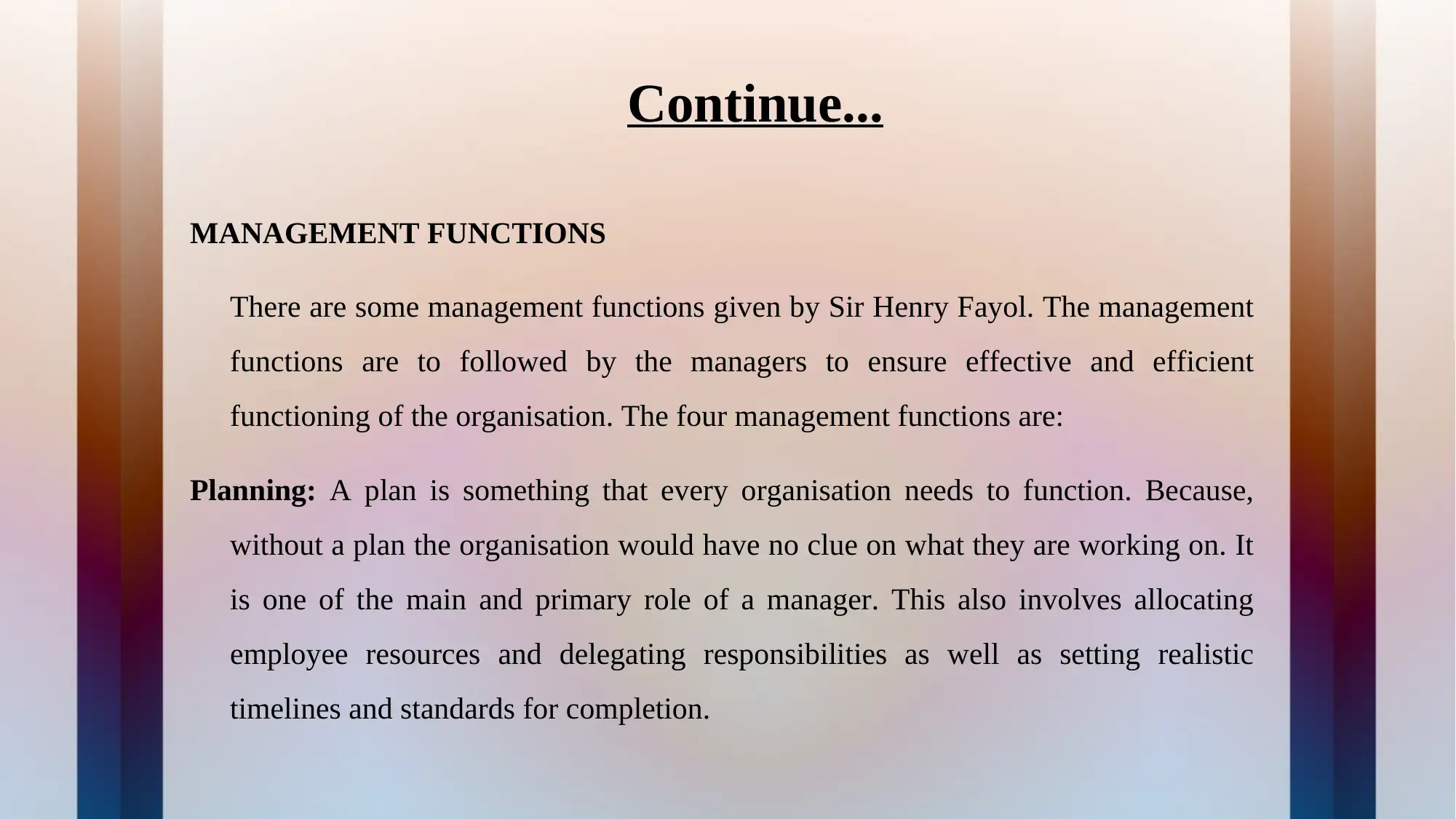






![[object Object]](/_next/static/media/star-bottom.7253800d.svg)